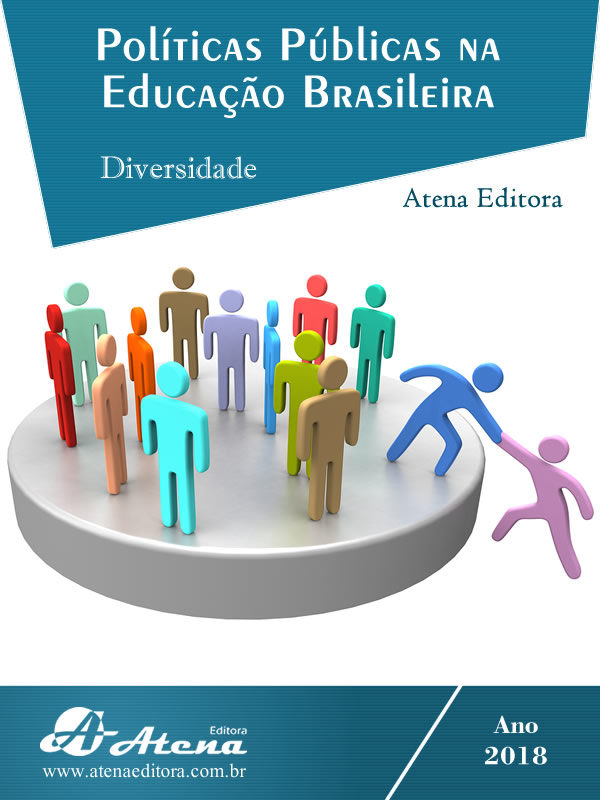
Educação e Interculturalidade: reflexões críticas sobre a inclusão dos povos ciganos na educação básica do ensino brasileiro.
Considerando a importância que questões como identidade cultural e
interculturalidade tem apresentado para pensarmos o papel da escola nos dias
atuais, procuramos, neste trabalho, fazer reflexões críticas sobre a inclusão dos
povos ciganos na educação básica do ensino brasileiro. O Brasil possui uma grande
diversidade de povos, existindo uma vasta população cigana em seu território, por
esta razão, se faz necessário entender aspectos relevantes desses povos para
compreendermos suas configurações perceptivas sobre o mundo. Os ciganos são
discriminados por suas características culturais específicas em muitas escolas e
buscam defender seus direitos, entretanto, como podem culturas diferentes
dialogarem no âmbito da escola? A opção por discutirmos tal questão justifica-se
pela relevância de se atentar a necessidade de atendimento escolar que
compreenda as diferenças da identidade cultural dos povos ciganos. Temos por
objetivo, analisar e refletir sobre as condições de acesso ao ensino ofertado aos
povos ciganos. Como metodologia, optamos por técnicas de etnografia para termos
uma visão mais abrangente sobre a temática, já que se trata de se analisar uma
cultura particular como a dos ciganos nômades. partimos da pesquisa bibliográfica
e depois fomos a campo, buscando escolas municipais e estaduais de Teresina,
capital do estado do Piauí, que recebem alunos em situação de itinerância. A
pesquisa nos levou a concluir que adotando um novo ponto de vista baseado no
respeito à diferença por parte da equipe escolar e adotando novas propostas
educacionais é possível a existência do um processo dialógico intercultural que
beneficie as comunidades ciganas.
Educação e Interculturalidade: reflexões críticas sobre a inclusão dos povos ciganos na educação básica do ensino brasileiro.
-
DOI: Atena
-
Palavras-chave: interculturalidade, educação, povos ciganos, reflexões, inclusão.
-
Keywords: interculturality, education, gypsy people, reflections, inclusion.
-
Abstract:
Considering the importance that issues such as cultural identity and
interculturality have presented in order to think about the role of the school in the
present day, we seek, in this work, to make critical reflections on the inclusion of the
gypsy people in the basic education of Brazilian education. Brazil has a great diversity
of peoples, there being a vast gypsy population in its territory, for this reason, it is
necessary to understand relevant aspects of these peoples to understand their
perceptual configurations on the world. Gypsies are discriminated against because
of their specific cultural characteristics in many schools and seek to defend their
rights, however, how can different cultures dialogue within the school? The option to
discuss this issue is justified by the relevance of attending to the need for school
attendance that understands the differences of the cultural identity of the gypsy
people. We aim to analyze and reflect on the conditions of access to the education
offered to the Roma people. As a methodology, we opted for ethnography techniques
in order to have a more comprehensive view on the subject, since it is a question of
analyzing a particular culture such as that of the nomadic gypsies. we started from
the bibliographic research and then went to the field, searching for municipal and
state schools in Teresina, capital of the state of Piauí, which receive students in a
situation of roaming. The research led us to conclude that adopting a new point of
view based on respect for the difference on the part of the school team and adopting
new educational proposals is possible the existence of an intercultural dialogical
process that benefits the gypsy communities.
-
Número de páginas: 15
- Maria Raquel Alves da Rocha


